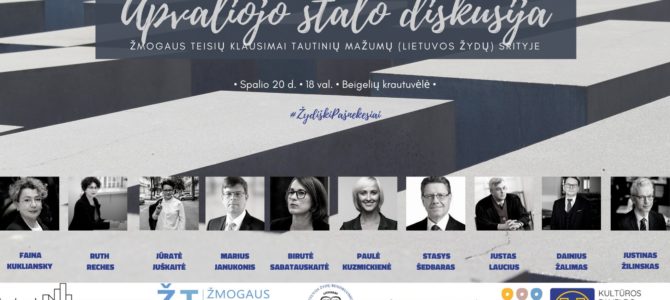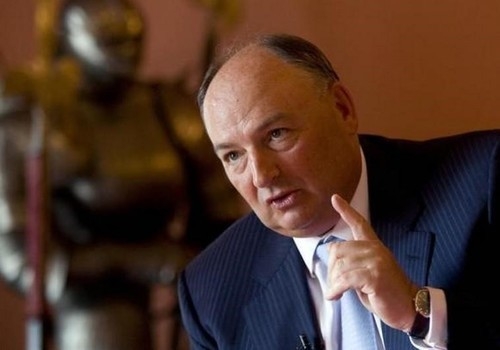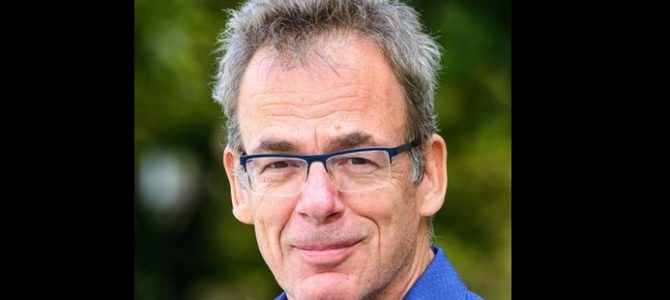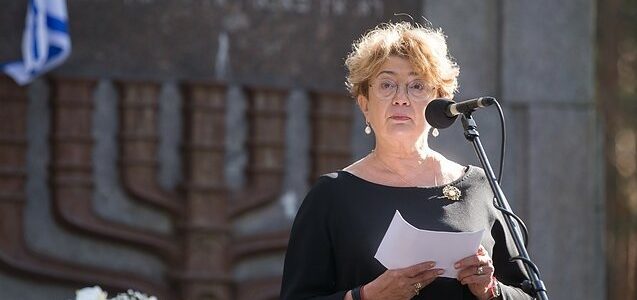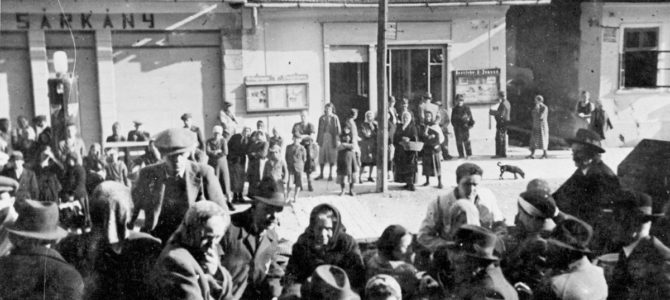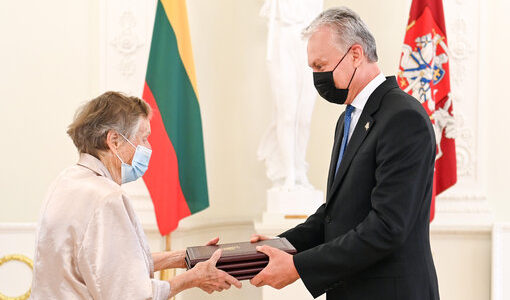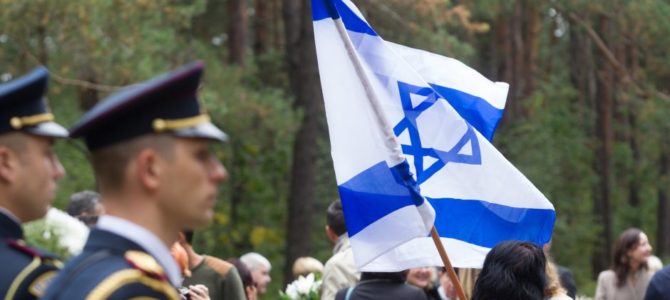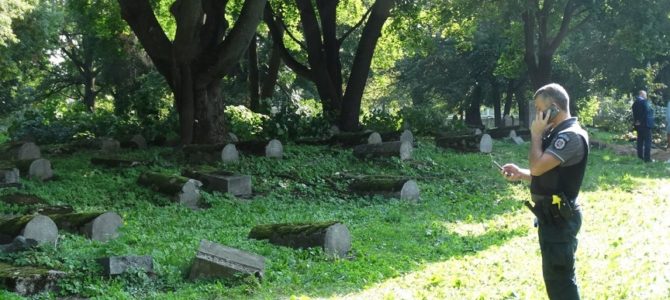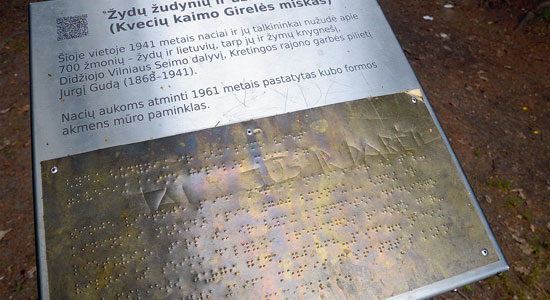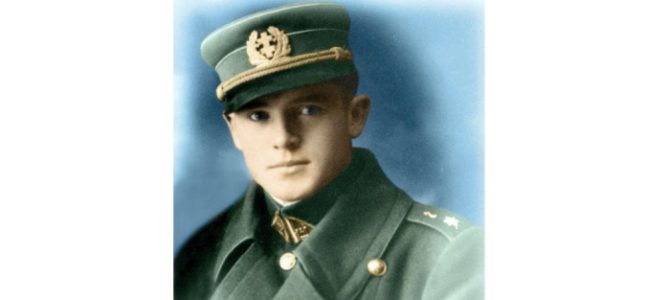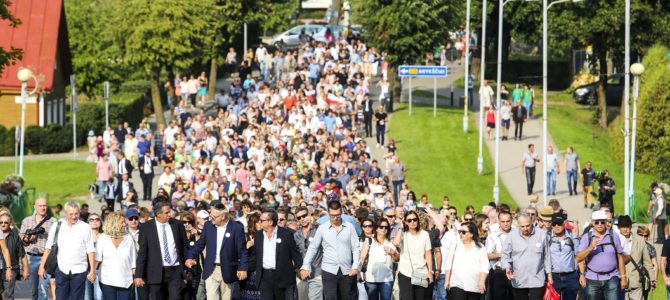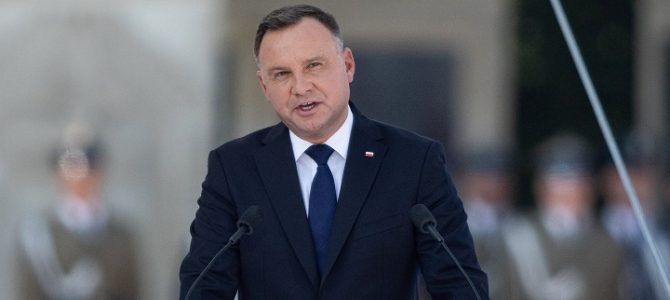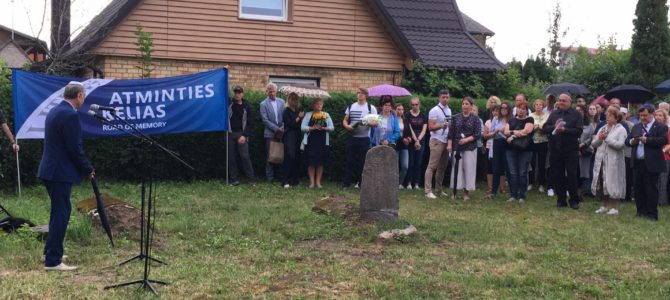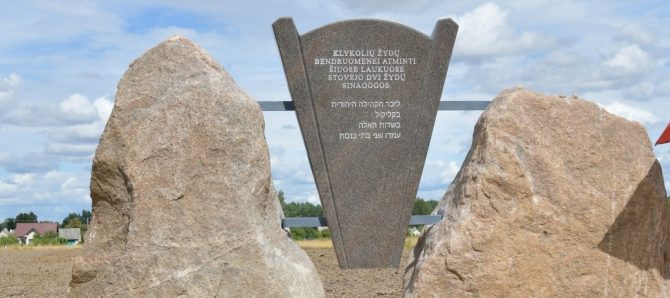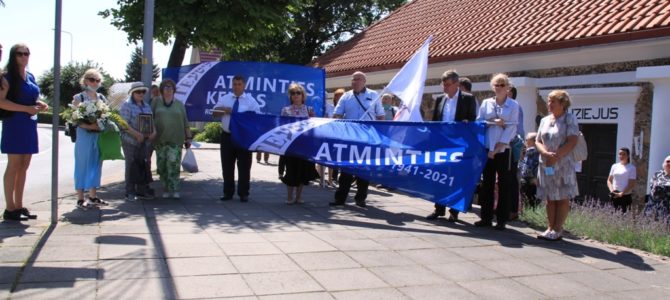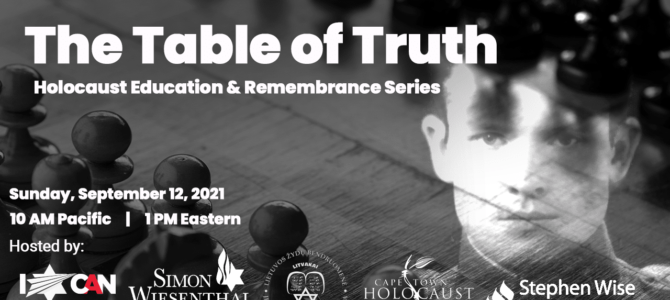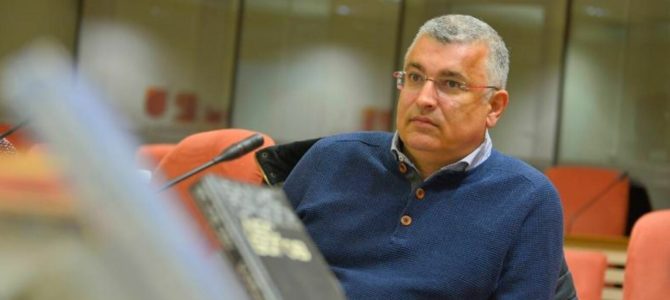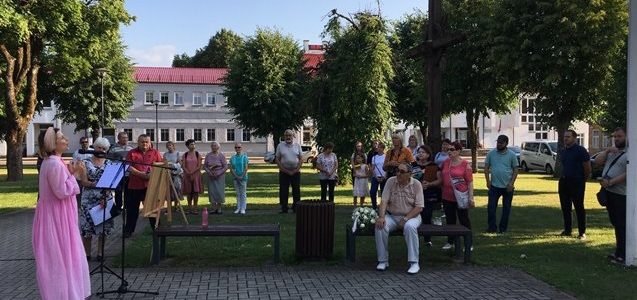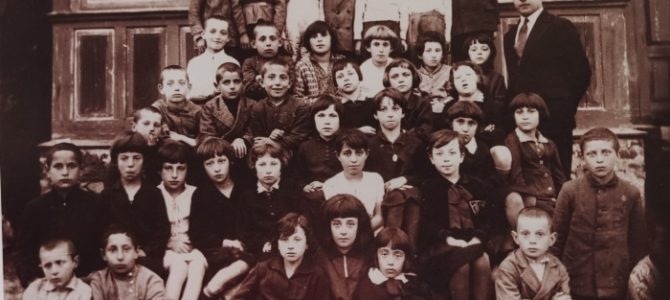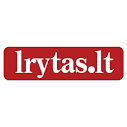The Lithuanian Jewish Community is hosting a round-table discussion on human rights and specifically the rights of Jews in Lithuania at 6:00 P.M. on October 20 at the Bagel Shop Café at Pylimo street no. 4 in Vilnius. The discussion will be broadcast via internet as well.
As a member of the Lithuanian Coalition of Human Rights Organizations, the LJC has contributed this year to a “shadow report” to the United Nations initiated and presented by the Law and Justice and the Educational and Scientific and Human Rights Committees of the Lithuanian parliament, intended to improve the human rights situation for ethnic minorities in Lithuania, including Jews.
Those recommendations are available in Lithuanian here.
Participants will include LJC chairwoman and attorney Faina Kukliansky, Sholem Aleichem principal Ruth Reches, human rights expert Jūratė Juškaitė, diplomat Marius Janukonis, equal opportunities ombudsman Birutė Sabatauskaitė, MP and chairwoman of the parliament’s Commission on Battles for Freedom and State Historical Memory Paulė Kuzmickienė, MP and Lithuanian Supreme Court judge Stasys Šedbaras, General Prosecutor’s Office prosecutor Justas Laucius, former Constitutional Court judge and dean of the International and EU Law Faculty at Mykolas Romeris Justinas Žilinskas and others.
More information about registering and attending virtually available on facebook here.


